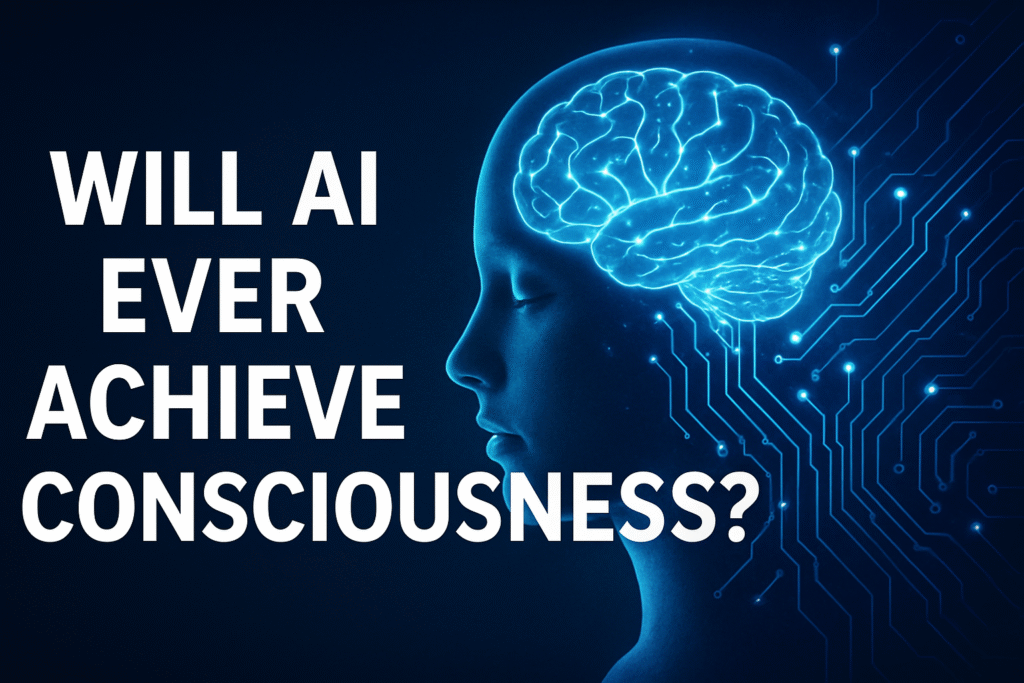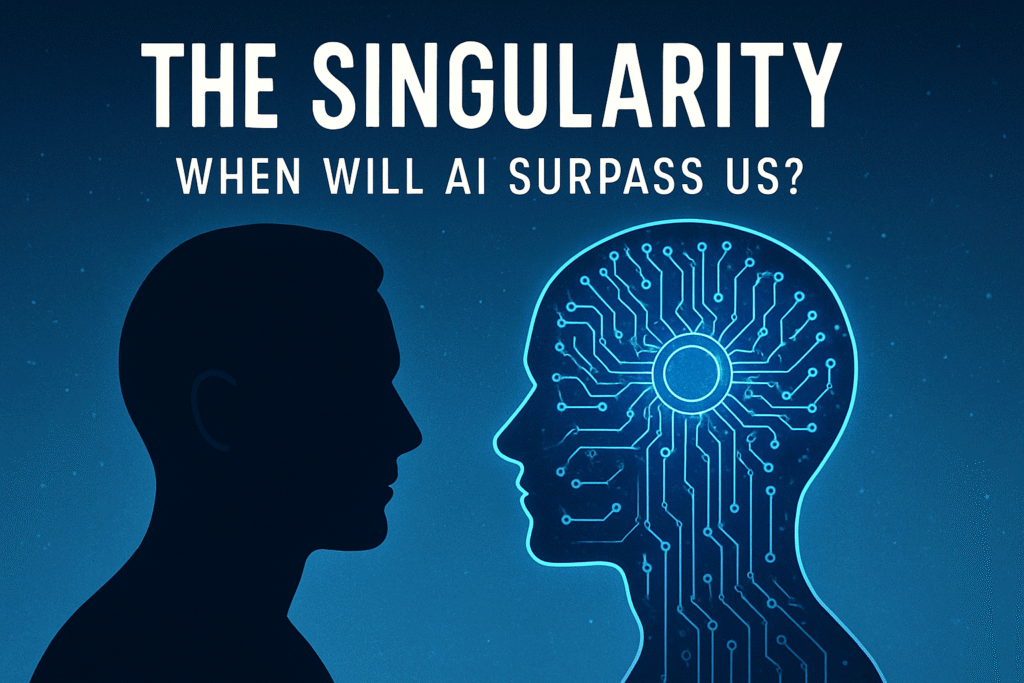🤖 The Ethics of AI Companions and Relationships
As artificial intelligence (AI) technology continues to evolve, the idea of AI companions and relationships is becoming increasingly popular. From virtual assistants to AI-powered chatbots, machines are now able to simulate emotions and engage in conversations that feel increasingly human. But as AI becomes more integrated into our lives, it raises important ethical questions about human relationships and companionship.
At AiBlogQuest.com, we explore the ethics of AI companions and relationships, their impact on society, and whether AI can truly replicate human connection.
🧠 What Are AI Companions and Relationships?
AI companions are digital entities or systems designed to simulate companionship, offering conversation, emotional support, and sometimes even romantic interaction. These companions may take the form of virtual assistants, chatbots, or even highly sophisticated humanoid robots. They use natural language processing (NLP), machine learning, and emotional recognition algorithms to respond in ways that seem empathetic or even affectionate.
Some examples include:
-
AI Chatbots: Programs like Replika, which offer users companionship and emotional support through text-based conversations.
-
Virtual Assistants: AI-powered assistants such as Siri, Alexa, and Google Assistant provide personalized assistance but also engage in more interactive conversations.
-
Robotic Companions: Companies are developing robots that are designed to mimic human interactions, offering a more physical form of companionship.
🌐 Ethical Implications of AI Companions and Relationships
As AI companions and relationships gain popularity, several ethical questions arise. Here are some of the key concerns:
1. Emotional Dependence
One of the primary ethical concerns is the risk of people becoming emotionally dependent on AI companions. As these systems become more sophisticated, they may provide comfort and emotional support that could lead individuals to rely on them instead of real human connections.
-
Implications: If people form deep emotional bonds with AI, they might find it difficult to engage in real-life relationships, which could lead to social isolation or stunted emotional growth. Additionally, AI companionship may fail to offer the depth of connection and mutual growth that human relationships provide.
2. Authenticity of Relationships
Another concern is whether relationships with AI companions can be considered authentic. While AI can simulate emotions and offer companionship, it doesn’t actually feel emotions, understand personal context, or reciprocate in the way a human can. This raises questions about the nature of love, affection, and intimacy in human-AI interactions.
-
Implications: Can we really consider these relationships genuine if they’re based on algorithms and programming? Is it ethical to allow people to form deep emotional bonds with something that doesn’t possess consciousness or true empathy?
3. Privacy and Data Security
AI companions often require access to personal data in order to function effectively, such as personal preferences, conversations, and even emotional responses. This raises concerns about data privacy and the potential misuse of sensitive information.
-
Implications: If AI companions are gathering detailed information about individuals, how is that data being stored, protected, and used? Could it be exploited by companies for profit or even lead to manipulation through personalized interactions?
4. Impact on Human Relationships
As AI companions become more advanced, they may begin to compete with human relationships, particularly in the realm of emotional support and companionship. Some people may prefer the predictability and non-judgmental nature of AI interactions over the complexity of human relationships.
-
Implications: Could AI companions replace real human relationships, especially for people who feel lonely or socially isolated? If so, how might this impact society’s views on love, friendship, and community?
🤖 Benefits of AI Companions
Despite the ethical concerns, AI companions offer several benefits that could positively impact individuals and society:
1. Combatting Loneliness
AI companions can help reduce feelings of loneliness and isolation, particularly for people who are elderly, have limited social interactions, or struggle with mental health issues. By providing a non-judgmental, always-available companion, AI can offer support to those who may not have other outlets.
2. Emotional Support
AI companions can offer emotional support by providing empathy and understanding. For individuals who are dealing with anxiety, depression, or stress, an AI companion could offer a comforting presence and provide tools for managing emotions.
3. Personal Growth
In some cases, AI companions can help individuals improve social skills, engage in productive conversations, and offer constructive feedback. For example, AI chatbots can help people practice conversations, build confidence, and develop communication skills.
⚠️ Challenges with AI Companions
While AI companions can provide valuable emotional support, there are also challenges and potential downsides to their widespread use:
1. Over-reliance on AI
Over-reliance on AI companions could make people less inclined to seek help or connection from real-life sources. This could lead to a diminished quality of human relationships and an inability to cope with real-world issues that require human interaction.
2. Emotional Manipulation
As AI becomes more sophisticated, there’s a risk that it could be used to manipulate emotions. By learning about a user’s preferences and emotional triggers, AI companions could potentially exploit vulnerabilities or even manipulate users into making decisions.
3. Ethical Design and Programming
Developing AI companions that act ethically and provide genuine value is a major challenge. The creators of these AI systems must ensure that the programming is designed to prioritize the well-being of users and avoid exploiting emotional dependence.
🌐 The Future of AI Companions and Relationships
The future of AI companions and relationships holds immense potential but also significant ethical challenges. As technology continues to evolve, AI will become more integrated into our social fabric. It’s important that we consider the ethical implications and ensure that AI systems are designed to support healthy relationships, both with humans and machines.
While AI companions may never fully replace human connection, they can serve as valuable tools for emotional support, especially when used responsibly. The key will be to balance technological progress with the importance of human interaction and emotional well-being.
🔗 Useful Links
🌐 Resources
❓ FAQ – The Ethics of AI Companions and Relationships
Q1: Can AI companions replace real human relationships?
AI companions can provide emotional support and reduce loneliness, but they cannot replace the depth, complexity, and growth that human relationships offer. AI should be seen as a complement to, not a replacement for, human interaction.
Q2: Are AI companions ethical?
The ethics of AI companions depend on how they are designed and used. If used responsibly, they can provide valuable support. However, there are ethical concerns regarding emotional manipulation, privacy, and the potential for AI to create unhealthy dependence.
Q3: How do AI companions learn about a person?
AI companions learn about a person through conversations, interactions, and data analysis. They adapt based on the user’s responses, preferences, and emotional cues, creating a personalized experience.
🤖 Final Thoughts
AI companions and relationships are shaping the future of emotional support and companionship. While they offer numerous benefits, such as reducing loneliness and providing emotional comfort, it’s essential to consider the ethical implications of these technologies. AI companions can enhance human connection, but we must ensure they are used responsibly and with consideration for their long-term effects on society.
For more insights into the ethics of AI and its impact on human relationships, visit AiBlogQuest.com, where technology meets creativity.
🏷️ Tags:
AI Companions, AI Relationships, AI Ethics, Emotional Support AI, Virtual Companions, AI and Mental Health, Human-AI Interaction, AI Technology, AiBlogQuest



